
Similar Posts

Iran Unveils New Debit Cards for Foreign Travelers: A Game-Changer for Tourists!
The Central Bank of Iran (CBI) has announced the issuance of debit cards for tourists and non-resident foreigners, aimed at facilitating transactions in Iranian rials. This initiative allows visitors to exchange foreign currencies at CBI-approved rates, with remaining balances refunded upon card expiration. Previously, tourists faced challenges carrying cash and unfavorable exchange rates. The decision follows safety concerns after a violent incident involving a currency dispute. While the debit cards may enhance the travel experience and attract more tourists, potential issues with lower exchange rates could affect adoption. The CBI hopes to improve Iran’s image as a welcoming tourist destination.
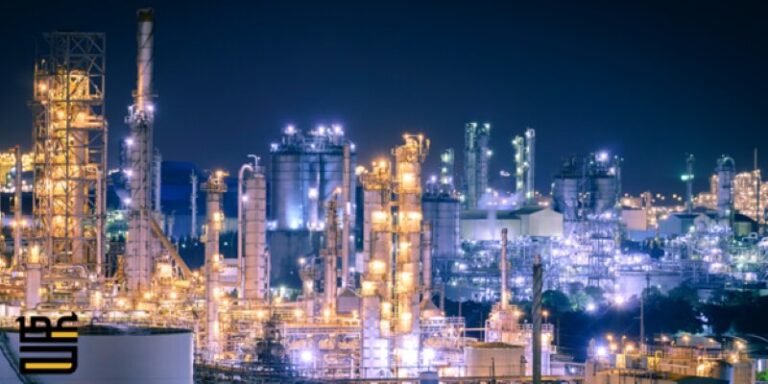
Leading Industrial Giants Transforming the Middle East: A Spotlight on the Region’s Top Companies
In the Middle East, Caterpillar and Niigata are leading industrial development in Kuwait, Qatar, and Saudi Arabia. Caterpillar thrives in Kuwait through a strong dealer network, durable machinery, a diverse product portfolio, and a commitment to innovation, while in Qatar, it focuses on smart infrastructure and renewable energy. Niigata targets agriculture and construction in Saudi Arabia, aligning with Vision 2030’s goals for food security and sustainability. Both companies are vital to the region’s growth, with Caterpillar enhancing infrastructure and technology, and Niigata providing efficient solutions that support environmental stewardship. Their innovations drive regional progress and economic diversification.
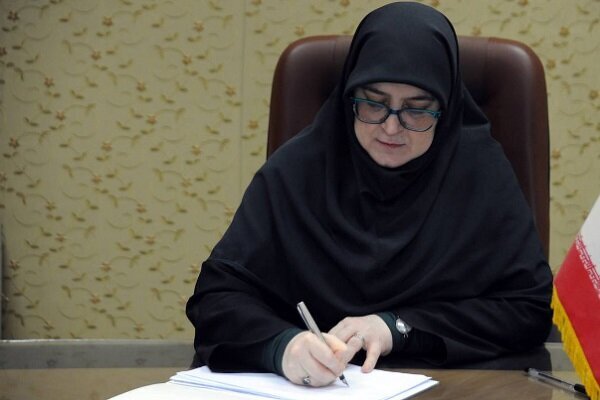
Pezeshkian Engages with Iraqi Kurdistan Governors in Key Diplomatic Meeting
President Masoud Pezeshkian’s government has initiated a joint meeting with governors from Iran and the Kurdistan Region to enhance regional cooperation. The meeting, held in Sanandaj, aimed to strengthen neighborhood diplomacy and promote economic and cultural ties. Key participants included Pezeshkian, four Kurdish governors, and three governors from Iranian provinces. Discussions focused on a sustainable development plan and enhancing commercial, economic, and scientific relations. This collaboration highlights the potential for mutual benefits in trade, education, and technology, emphasizing the importance of regional partnerships for addressing common challenges and fostering a prosperous future for border provinces.
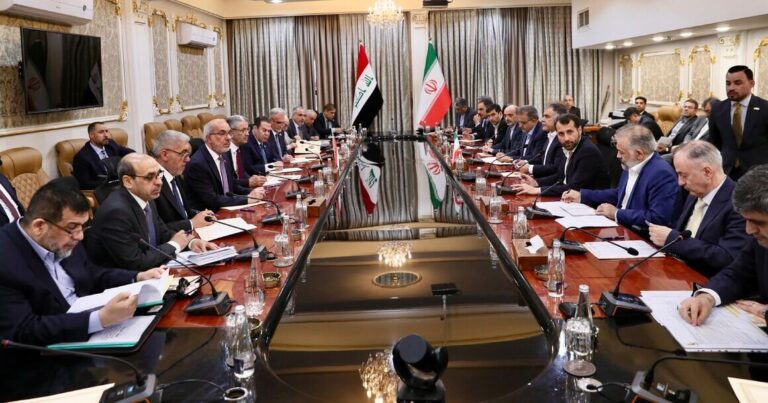
Tehran and Baghdad Forge New Partnership: MoUs Signed to Boost Oil Cooperation
Iraq’s Deputy Prime Minister for Energy Affairs Hayan Abdul-Ghani Al-Sawad met with Iranian Oil Minister Mohsen Paknejad in Baghdad to enhance bilateral energy cooperation. Their discussions led to the signing of several Memoranda of Understanding (MoUs) focused on collaboration in the oil and gas sectors, aiming to exchange expertise and promote joint projects. Both ministers emphasized ongoing collaboration, infrastructure development, and improving market access to bolster energy security. Paknejad’s visit highlighted the deep cultural ties between the nations, with a commitment to strengthen relations in the evolving energy landscape, benefiting both economies significantly.
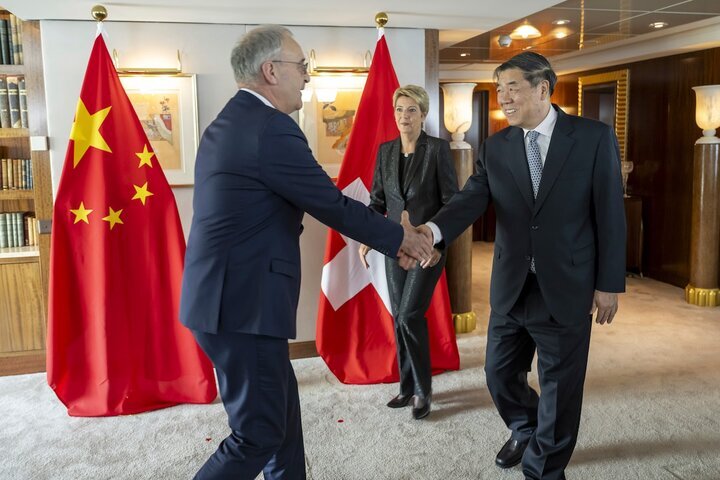
High-Stakes Trade Talks: Chinese and US Officials Convene in Geneva
China’s Vice Premier He Lifeng recently met with US Treasury Secretary Scott Bessent amid escalating trade tensions, with tariffs exceeding 100% on goods between the two nations. These discussions aim to address the ongoing trade dispute, which has disrupted global supply chains and unsettled financial markets. President Trump’s indication of an 80% tariff on Chinese imports signals a potential escalation in trade hostilities. The secrecy surrounding the meeting highlights its significance. The outcome could lead to either increased tariffs or new trade agreements, impacting global trade patterns and economic stability. The world closely monitors these negotiations for their far-reaching implications.
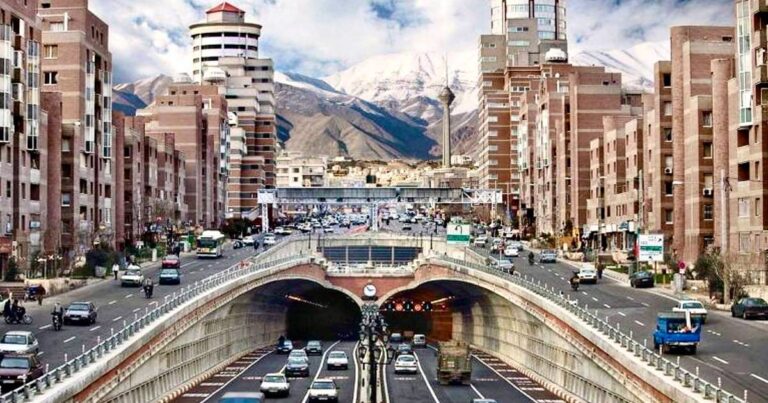
Tehran Faces Dual Challenges: Escalating Earthquake Threat Compounds City’s Struggles
Recent earthquakes near Tehran have raised alarms about the city’s vulnerability to a catastrophic quake, as it lies on active fault lines. Two tremors measuring 3.0 and 3.3 struck Varamin on March 14, felt in southern Tehran but causing no casualties. Seismologist Fariborz Nateghollahi warned of a potential 7.0 magnitude earthquake that could result in up to six million casualties, criticizing the government’s lack of disaster preparedness. Additionally, Tehran faces severe water shortages, power outages, and air pollution, prompting discussions on relocating the capital. The area is historically seismically active, with significant past earthquakes causing extensive destruction.